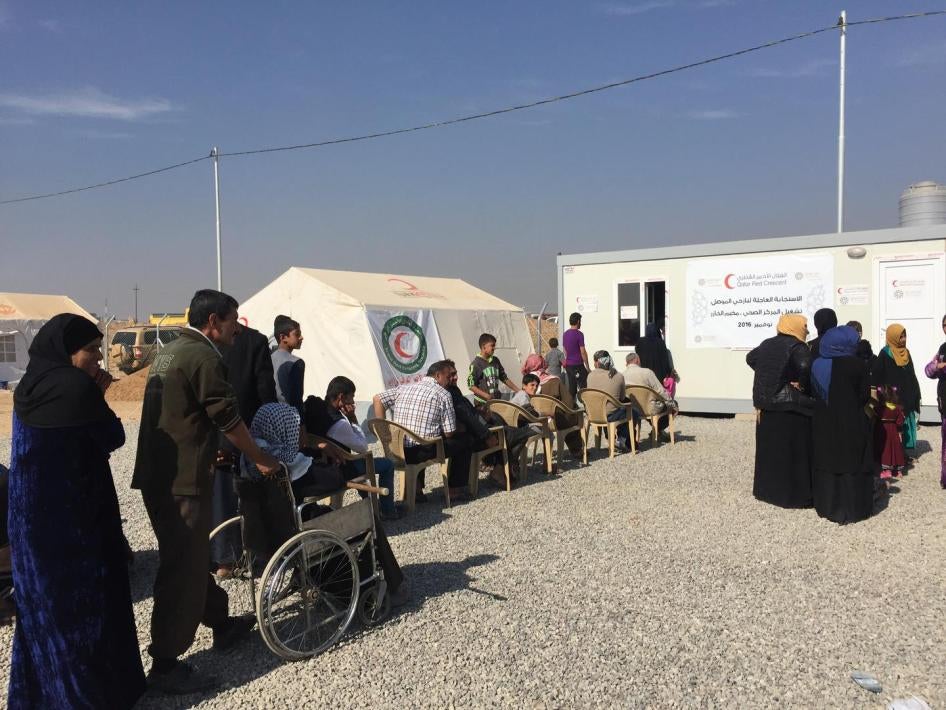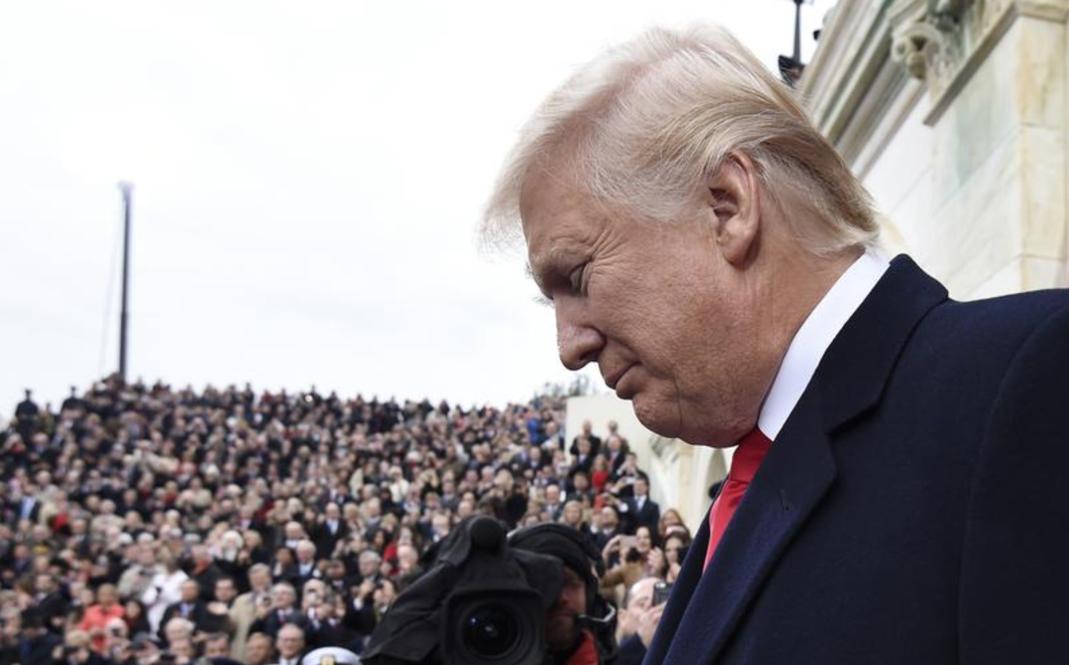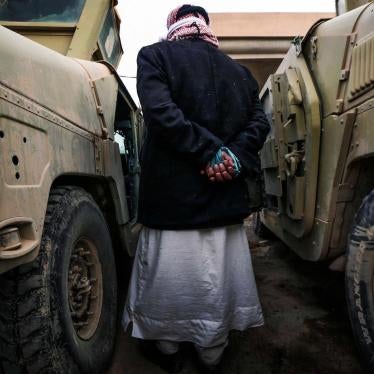On Saturday, I spent a damp, cold day at Khazir camp, about an hour outside of Erbil, which houses thousands of Iraqi civilians who have fled Islamic State control and recent fighting to retake Mosul. I was there to learn more about the detention of many of these young men by Kurdish authorities.
As I sat in a chilly tent, what hit me like a kick in the gut was the immediate impact of President Donald Trump’s new executive order to suspend the US refugee program and ban nationals from seven Muslim majority countries, including Iraq, from entering the US.
Surely, I thought, they will say something to me about it. Maybe they will refuse to tell me their stories. Maybe they will be angry at me because I am American.
Instead, when a 21-year-old named Khalid learned I was from the US he was eager to talk. He said Asayish, the Kurdistan regional government intelligence services, had initially detained him simply because he had a name similar to an ISIS fighter. Lucky for him, he was released.
After he shared his story, he pointed at me. “Really? America? America! I want to come to America! Can I come back with you?”
Me: “Really? You want to come to the US?”
Khalid: “Yes. I want to come there.”
My heart sank. I didn't have the wherewithal to explain how the new US president had just barred him and millions of others from entering the country, at least for the next few months and perhaps indefinitely. It was too heartbreaking, especially given everything this guy – barely an adult – has endured.
So I just smiled and meekly replied: “We’d love to have you one day.”










